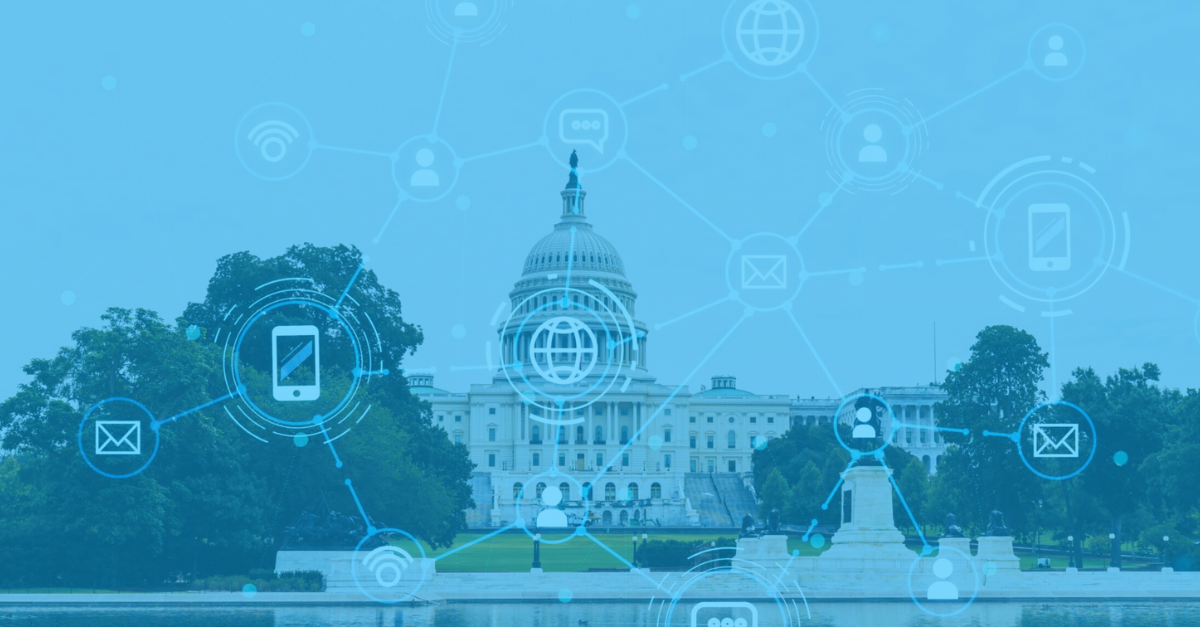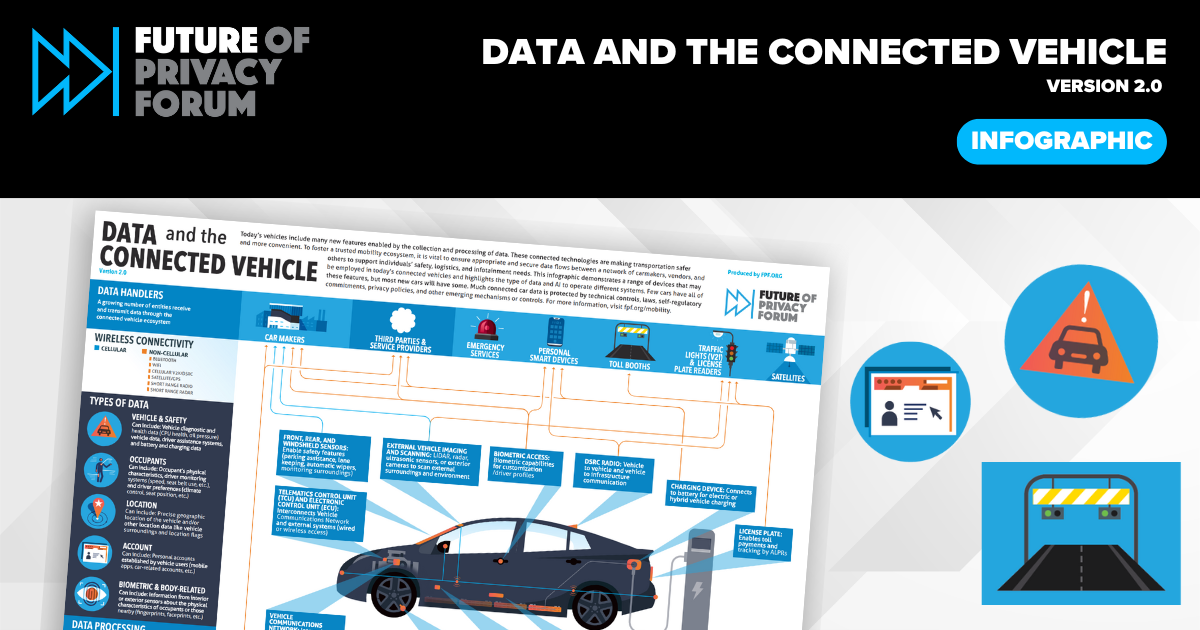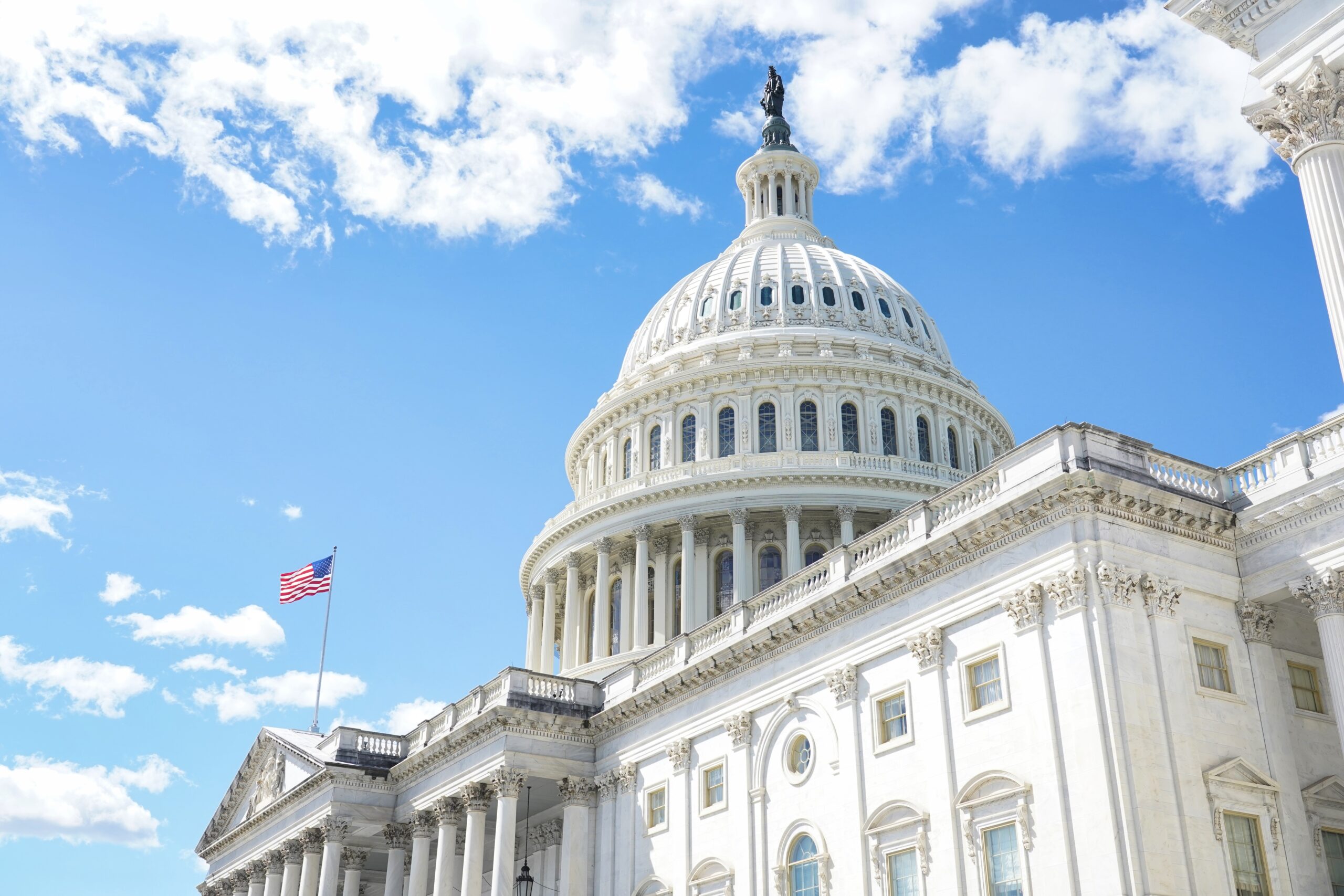
The African Union’s Continental AI Strategy: Data Protection and Governance Laws Set to Play a Key Role in AI Regulation
By Chuma Akana, Former FPF Global Privacy Summer Fellow and Mercy King’ori, FPF Policy Analyst, Global Privacy The African Union (AU) Executive Council, composed of representatives of the 55 African Member States, approved the highly anticipated AU AI Continental Strategy (the Strategy) in July 2024. The adoption of the Strategy follows a period of stakeholder […]

U.S. Legislative Trends in AI-Generated Content: 2024 and Beyond
Standing in front of the U.S. flag and dressed as Uncle Sam, Taylor Swift proudly proclaims that you should vote for Joe Biden for President. She then wants you to vote for Donald Trump in a nearly identical image circulated by former President Trump himself. Both the images, and the purported sentiments, are fabricated, the […]

Do LLMs Contain Personal Information? California AB 1008 Highlights Evolving, Complex Techno-Legal Debate
By Jordan Francis, Beth Do, and Stacey Gray, with thanks to Dr. Rob van Eijk and Dr. Gabriela Zanfir-Fortuna for their contributions. California Governor Gavin Newsom signed Assembly Bill (AB) 1008 into law on September 28, amending the definition of “personal information” under the California Consumer Privacy Act (CCPA) to provide that personal information can […]

The Privacy Act of 1974: 50 Years Later Virtual Webinar
The Future of Privacy Forum (FPF) and the FPF Center for Artificial Intelligence invite you to join us for a live virtual webinar on Thursday, November 21 from 12:00 – 1:00pm ET to commemorate the 50th anniversary of the passage of the Privacy Act of 1974.* We will explore the significance of the milestone U.S. […]

Synthetic Content: Exploring the Risks, Technical Approaches, and Regulatory Responses
Today, the Future of Privacy Forum (FPF) released a new report, Synthetic Content: Exploring the Risks, Technical Approaches, and Regulatory Responses, which analyzes the various approaches being pursued to address the risks associated with “synthetic” content – material produced by generative artificial intelligence (AI) tools. As more people use generative AI to create synthetic content, […]

FPF Submits Comments to Inform New York Children’s Privacy Rulemaking Processes
At the end of the 2024 legislative session, New York State passed a pair of bills aimed at creating heightened protections for children and teens online. One, the New York Child Data Protection Act (NYCDPA), applies to a broad range of online services that are “primarily directed to children.” The NYCDPA creates novel substantive data […]

Updated FPF Infographic Explores Data in Connected Vehicles
Today, The Future of Privacy Forum is launching the Data and the Connected Vehicle Infographic 2.0, including new updates to account for the types of data associated with connected vehicles, features in and outside of the vehicle, and data handlers who receive and process data. Lawmakers, manufacturers, privacy professionals, and consumers are actively engaged in […]

Call for Nominations: 15th Annual Privacy Papers for Policymakers Award
Future of Privacy Forum Award Elevates Privacy Research to Inform Policy Discussion September 9, 2024 —The Future of Privacy Forum (FPF) invites scholars and authors with an interest in privacy issues to submit finished papers to be considered for its 15th annual Privacy Papers for Policymakers (PPPM) Awards. The award provides privacy and data protection […]

Does the GDPR Need Fixing? The European Commission Weighs In
The European Commission published its second Report on the General Data Protection Regulation (GDPR) on July 25, 2024, assessing the progress of its impact and effectiveness of application since the Commission’s first Report published in June 2020. The second Report acknowledges relative success of the GDPR in protecting individuals and supporting businesses, while also highlighting […]

Privacy Roundup from Summer Developer Conference Season 2024
Ahh, summer. A time for hot dogs, swimming pools, and software developer conferences. For third-party application developers to deliver new tools with the best features for the lucrative fall quarter, they must have access to all the APIs and tools by the summer before. This has meant that early summer has become known as a […]
